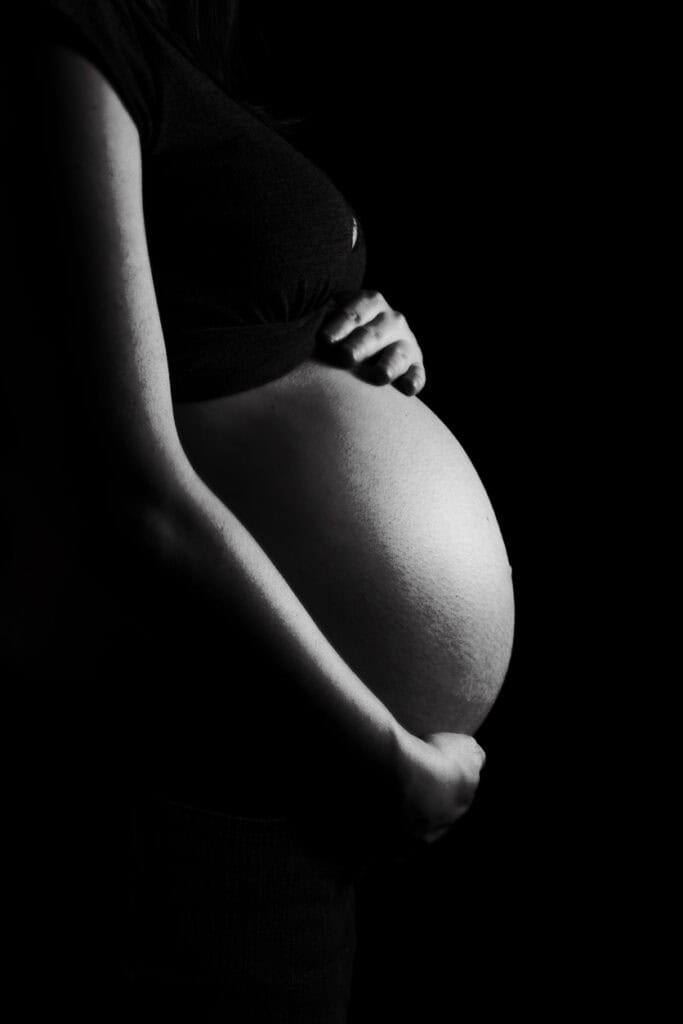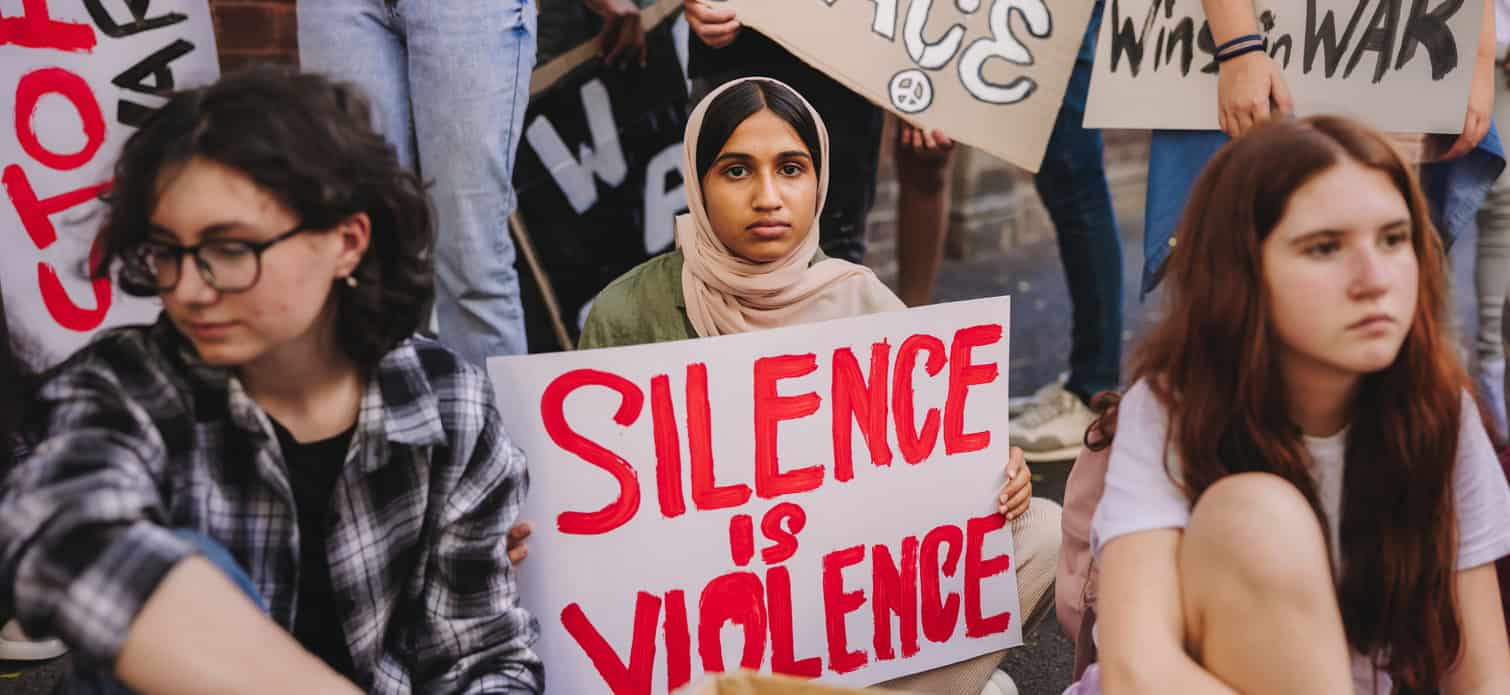
In February 2024, we submitted evidence to the UN Special Rapporteur on Violence Against Women and Girls during an official visit to the UK in February. The Special Rapporteur shared her preliminary findings to the Government officials at the end of the visit in March 2024.
We were disappointed that her initial findings did not recognise violence in maternity care as a form of violence against women and girls. We hoped this critical issue would be addressed in the full report, expected in 2025. An advanced unedited version of the report has now been published ahead of its presentation at the 59th session of the UN Human Rights Council in June 2025. We are once again disappointed that the violence experienced by women and birthing people in maternity care has been excluded from the report and recommendations. More broadly, the report lacks attention to violations and violence related to sexual and reproductive rights.
We welcome the mention of racial disparities in maternal mortality rates. However, this reference remains limited and insufficient. As we stressed in our submission, systemic racism is central to the issue. It leads to the failure to diagnose serious medical conditions due to a lack of knowledge about symptoms in Black and Brown bodies. Racial microaggressions, stereotyping, and discrimination result in women and birthing people’s concerns being dismissed, their pain ignored, pain relief denied, and consent routinely violated.
We expect the Government to take concrete actions to address systemic racism in maternity care and put the voices of the most marginalised women and birthing people at the centre of any policy, practice and legislation.
We are pleased to see particular attention given to the experiences of women in prison, including the challenges faced by pregnant women who often receive inadequate prenatal and postnatal care in poor conditions.
Women in prison have told us that their autonomy is routinely denied, with decisions about their care made without their input: “everything was just decided for me.”
There are also tragic cases, such as that of Aisha Cleary, where women did not receive the timely and respectful care they urgently needed. We strongly support the Special Rapporteur’s recommendation to the Government to urgently ensure that the rights, dignity, and wellbeing of women in detention are upheld. The government must put an end to imprisoning pregnant women and birthing people, and pregnant women and birthing people should be supported in their community.
We also welcome the Special Rapporteur’s concern about the exclusion of migrant women and girls with insecure immigration status from state support under the ‘no recourse to public funds’ policy. However, the report does not explicitly address their access to healthcare and reproductive rights. Still, the recommendation to abolish the “no recourse to public funds” rule is welcome and important.
It echoes our continued call on the UK Government to remove barriers that undermine access to and trust in maternity care — including NHS charging, inappropriate referrals to police and social services, and the detention of women and birthing people in both immigration and criminal justice systems.

